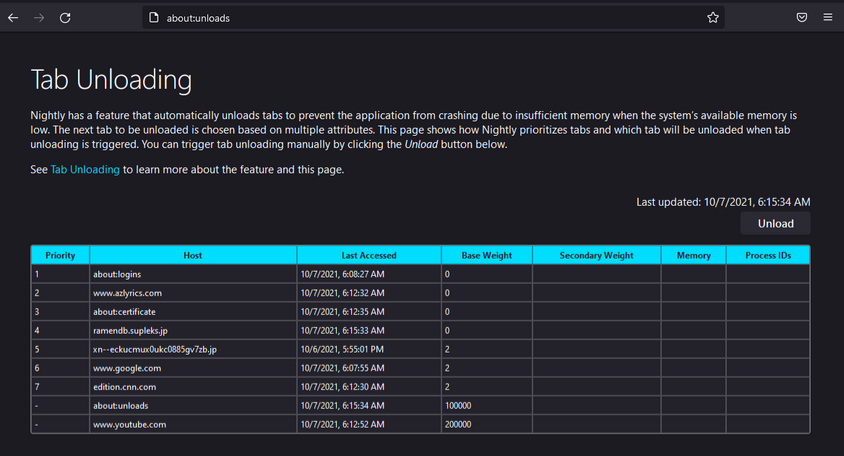In brief: Mozilla has released Firefox 94, with new features for Windows, MacOS, and Linux operating systems. Some of them are security-oriented, alongside the several high-impact vulnerabilities the update fixes. This comes just after Mozilla rolled out significant new features for the mobile versions of Firefox.
Mozilla's release notes detail the updates, which include performance, security, and privacy enhancements.
Firefox will no longer prompt Windows users for updates, instead downloading and installing updates even when Firefox is closed. In Windows 11, Firefox will now support Snap Layouts menus.
On MacOS, Firefox will now use Apple's low-power mode when viewing videos in full screen on some streaming sites, which Mozilla says should significantly increase battery life on MacBooks. Firefox 94 is also supposed to decrease power consumption in Linux by enabling the EGL backend, which should increase WGL performance.
What's more, Mozilla's browser will now automatically unload inactive tabs, but users can also view the memory consumption of each tab through an "about:unloads" page from which they can manually unload them without completely closing them.
Over the next few weeks, Mozilla will roll out a security feature called Site Isolation. In order to protect against side-channel attacks, Site Isolation can load each website into its own operating system process. This can prevent malicious sites from accessing information from other sites a user might have open at the same time.

The blog also notes Mozilla is rolling out a Firefox add-on called Firefox Multi-Account Containers that will separate online profiles into different compartments organized into tabs. This should let users log into one website or service with multiple separate accounts in the same browser. It could also keep social media trackers from following all of a user's online activity. Firefox Multi-Account Containers is integrated with Mozilla VPN.
Of the 13 vulnerabilities Firefox 94 closes, Mozilla rates seven as "high-impact." One of those changes prevents sensitive data copied to the clipboard from ending up on Windows 10's Cloud Clipboard feature, which records information from the clipboard onto the cloud when enabled.
At the same time, Mozilla this week also released significant interface updates to the mobile versions of Firefox. These changed the way tabs and bookmarks are displayed, and for Android users, the updated version will group together recent searches by topic.
